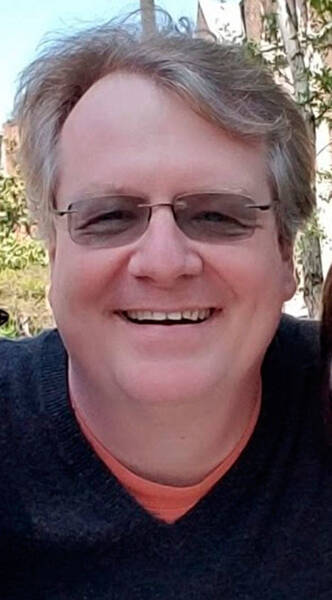Honey contains over 180 different components, vitamins, minerals, and local pollen.
But not every label touting “local” honey means it came from Vashon or even King County bees — and not everything that’s gold is honey at all.
A Texas A&M University lab tested 60 store-bought jars and found that 75% could not be identified as honey. When a product is processed and filtered to the point where the World Health Organization rules it is impossible to determine “whether the honey came from legitimate or safe sources” (aka honey bees), it may just as well be yellow sugar syrup.
And that’s why I am writing this piece, to inform your next honey purchase.
Let’s start with labels. As you shop for local, raw, honey in stores, you will encounter reassuring labels on jars such as the prominent “Raw and Unfiltered Local Hive Honey.” Except, “local,” in this label, does not refer to “Vashon” or even “King County.”
It is a slick brand name (!) of a Colorado honey-packing conglomerate, owned by a private equity firm with millions in annual honey sales in the US.
Or you may encounter jars labeled “USDA Certified Organic Honey,” such as the jars from Oregon-based Glorybee Corp. Except that this honey is neither USA nor organic!
This honey packer is simply exploiting legal loopholes: the US Department of Agriculture does not certify any U.S. honey as “organic” because no one can guarantee where bees forage. But U.S. companies can import honey with dubious foreign “organic” labels — and the USDA then “respects” the foreign certification and allows U.S. packers to “substitute” that with “USDA certified organic.”
Glorybee was completely straight with me when I asked them about their ”USDA Certified Organic Honey,” replying “We do not carry any organic U.S. honey. All of our organic honey is sourced from other countries, depending on the honey and the lot.”
Labeling shenanigans aside, why should you care where your honey comes from?
When honey is processed and filtered to become indistinguishable from sugar syrup, well, it’s likely sugar syrup.
But there is more: it is common knowledge among beekeepers that store-bought honey can be deadly to bees due to pathogens and chemical contamination, as few commercial beekeepers use organic bee husbandry methods. If you don’t want to feed it to bees, some worry about human consumption (although the product has clearly been certified by the FDA to be safe).
So how can you know your honey is raw, unfiltered, and produced by an apiary that uses only organic bee husbandry methods? It’s easy!
On Vashon, simply look your honey seller in the eye and ask! A second-best is to read the label carefully for what is not mentioned. If the seller or label does not know if the apiary uses synthetic chemicals, you can make assumptions about what is in the honey.
Producers who use only organic bee husbandry are vocal and explicit about it. Truly local honey will also identify the apiary locations along with the producer’s address. When Vashon farm stands sell unlabeled honey, double-check if actually comes from that farm or even from Vashon.
Finally, here is one last good clue: local honey is more expensive.
Local producers cannot match corporate prices, whereas large-scale producers tractor-trailer thousands of hives from one monoculture to another to produce hundreds of lbs of honey per hive.
Vashon honey is made in small batches, in small stationary apiaries that generate a fraction of the commercial honey crop.
On the upside, Vashon honey is from our own flowers and trees, how sweet is that? Thriftway and The Minglement now sell local Vashon honey.
Theo Eicher is a local beekeeper, co-founder, and former president of the Vashon Beekeepers Association.



